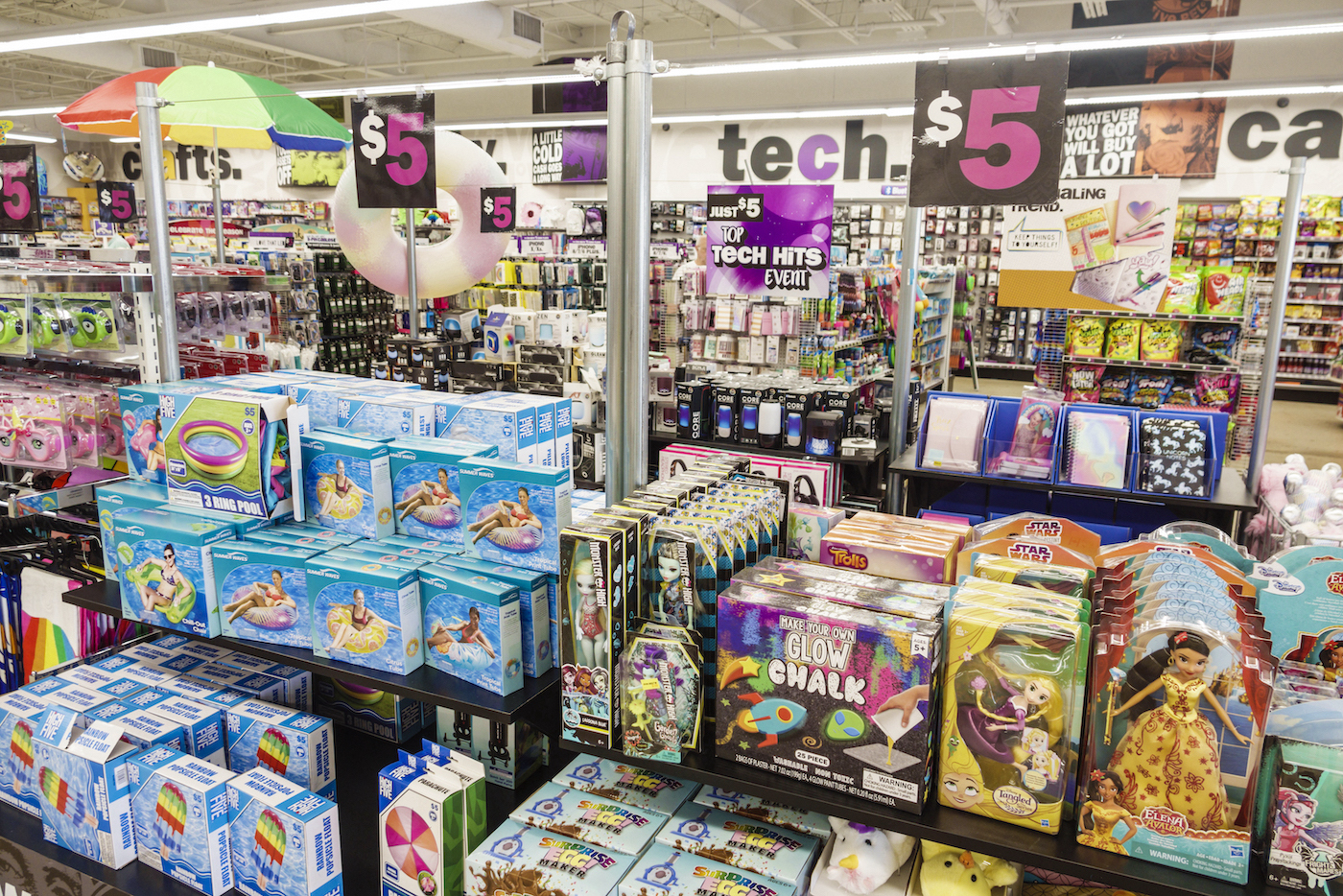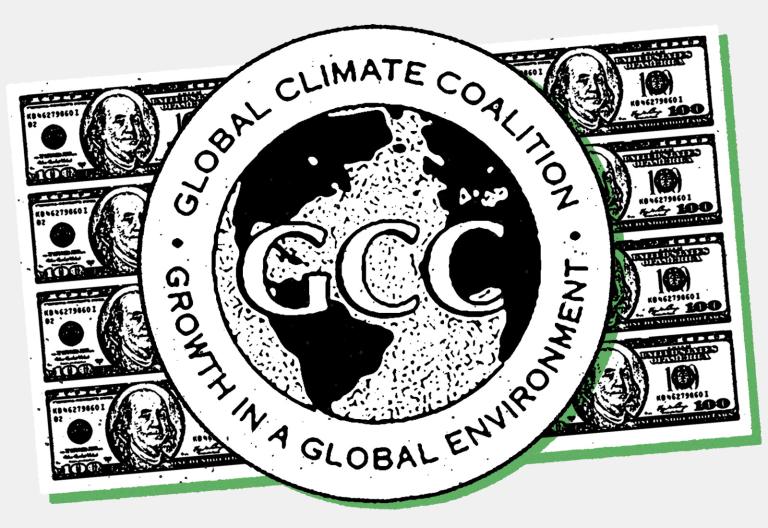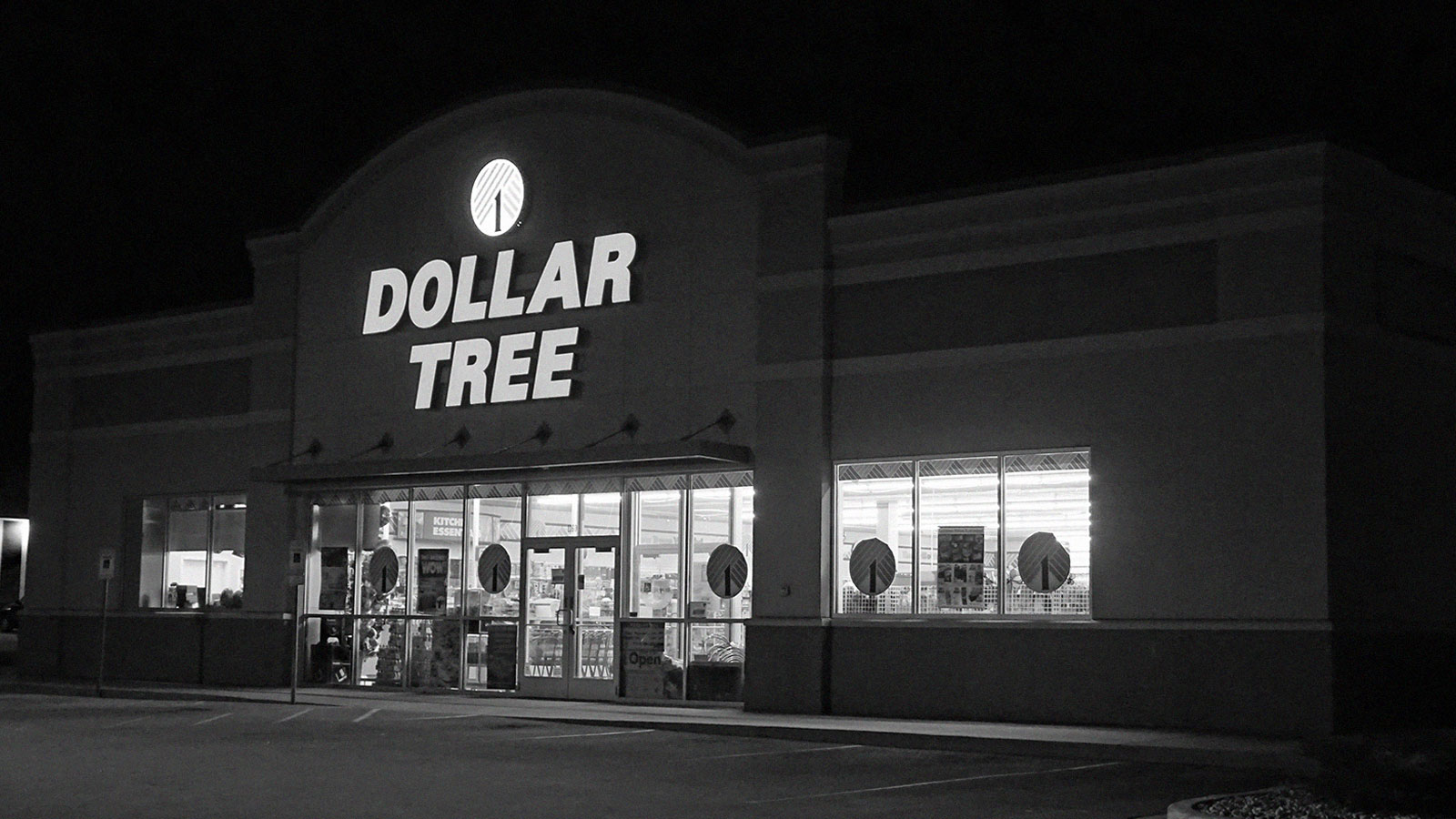Discount retailers often promise shoppers they can buy household necessities for under a dollar, but too often there’s a toxic price to pay, according to a report released last week.
More than 225 products — from baby toys to microwave popcorn to non-stick cookware — purchased from so-called “dollar stores” in 2021 were tested for adverse chemicals. Researchers with the Campaign for Healthier Solutions and the Ecology Center’s Healthy Stuff Lab found chemicals of concern in more than half of them.
Since 2015, the Campaign for Healthier Solutions has been testing dollar store wares for chemicals like lead, which can damage children’s brains and harm their growth and development, and phthalates, which are endocrine-disruptors that can harm reproductive and cognitive development and have been linked to higher rates of childhood cancer.
In the most recent round of tests, Disney Princess- and Marvel Superhero-branded headphones labeled “Kid-Safe” and sold at Five Below were found to contain lead. Fake teeth and lips sold at Dollar Tree and Dollar General were found to contain PVC, a plastic that can leach phthalates. The interior coating of canned food sold at 99 Cents Only was found to contain BPA, another plastic that can leach the endocrine-disrupting chemicals.
According to José Bravo, national coordinator for the Campaign for Healthier Solutions, these toxic substances are “a very important environmental justice issue.” Dollar stores exploded after the Great Recession and are now ubiquitous in low-income neighborhoods, rural areas, and communities of color, in particular. While research from the Institute for Local Self-Reliance suggests discount retailers play a role in creating and perpetuating food deserts, in many neighborhoods, dollar stores are people’s best option for buying groceries, as well as household goods and toys.

Bravo has largely given up on trying to push the Food and Drug Administration to better regulate these chemicals. They’re reactive, not proactive, he said, “and that doesn’t serve anybody.” Instead, he tries to work with the top dollar store chains, meeting with company executives and procurement officers, speaking with shareholders, and testing their merchandise. “I think it’s up to the retailer to make sure that those products are safe,” he said.
Some chains have been more responsive than others. Dollar Tree, which also owns Family Dollar, recently updated its policy to prohibit certain chemicals in certain types of products. For example, by 2023 the company will eliminate the “intentional use” of PFAS and phthalates in food packaging. In an email, a company spokesman wrote: “The safety of our products is a key priority for us. Our products are tested to ensure compliance with all federal and state requirements and our testing protocols are in place to check for regulated standards.”
But in contrast, corporate leaders at Five Below, a recent addition to the report, have rebuffed Bravo’s requests for a meeting. Executives at 99 Cents Only met with Bravo and his team early last year and initially seemed open to working with suppliers to eliminate toxic substances, but since then, “radio silence,” said Bravo. In early March, he drove from his home in San Diego to the company’s headquarters just outside of Los Angeles. He tried to hand deliver a copy of his organization and the Healthy Stuff Lab’s findings, but a receptionist refused to take the report.
Dollar General, Five Below, and 99 Cents Only did not respond to requests for comment prior to publication.
Bravo hopes that continued pressure from advocacy groups, consumers, and shareholders will force dollar store chains to do the right thing and rid their shelves of products containing hazardous chemicals.
“We deserve not to be contaminated one dollar at a time,” said Bravo.




